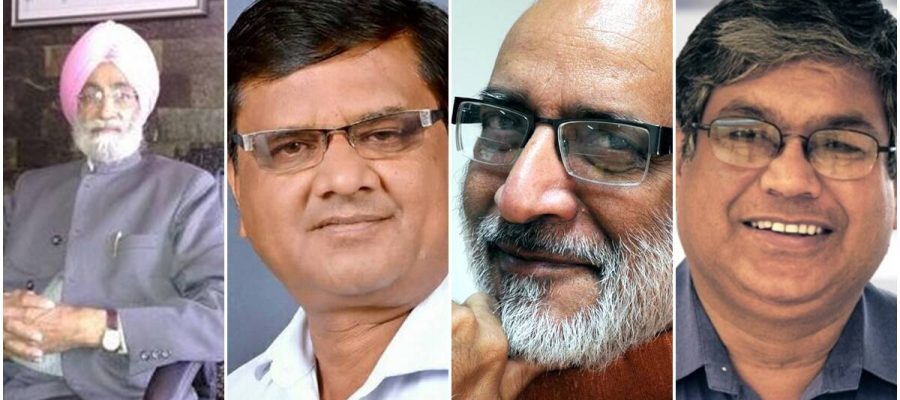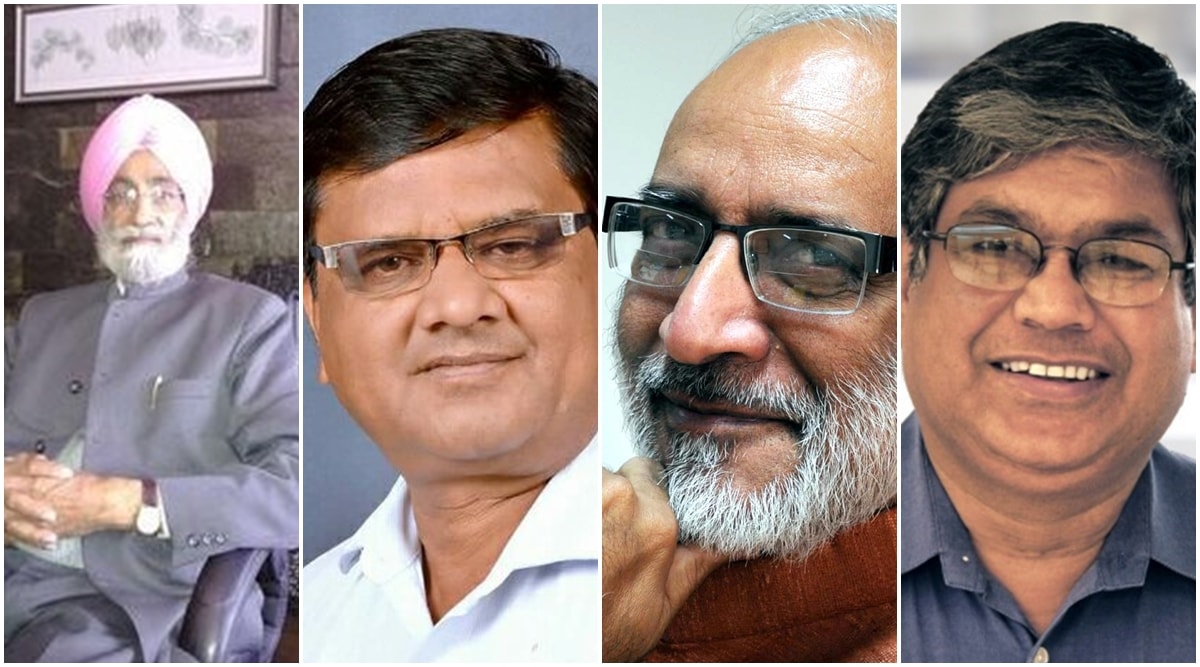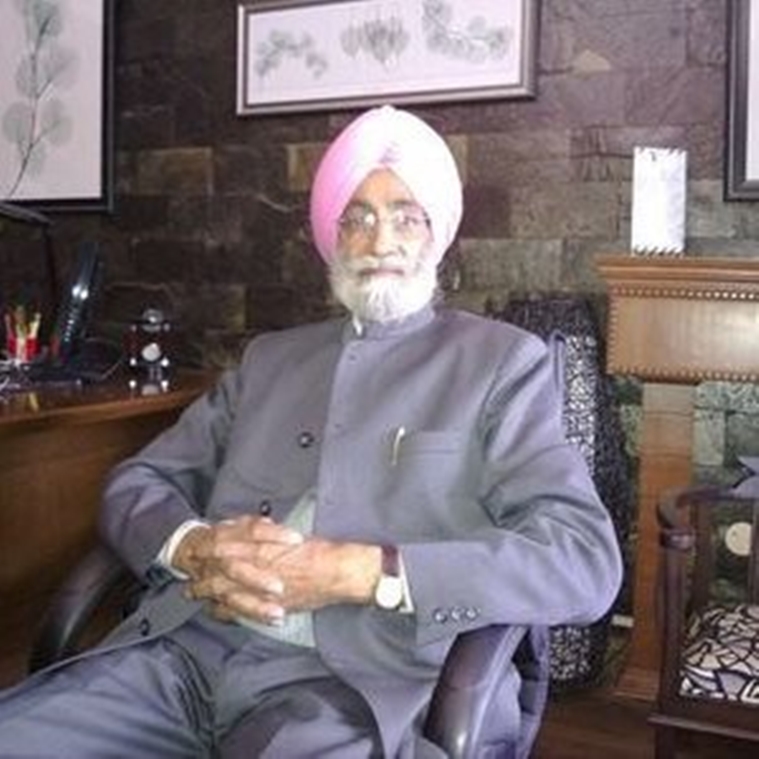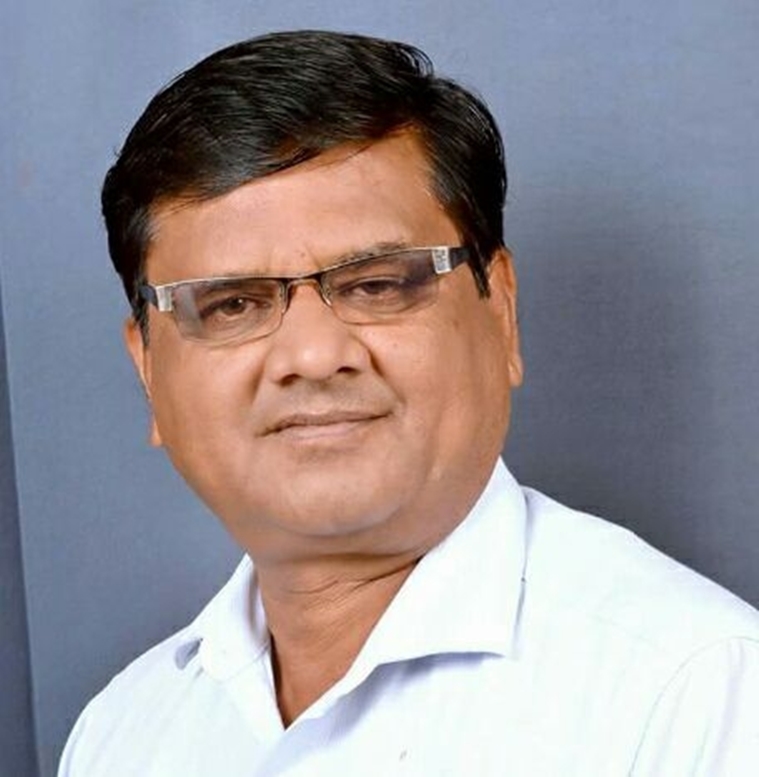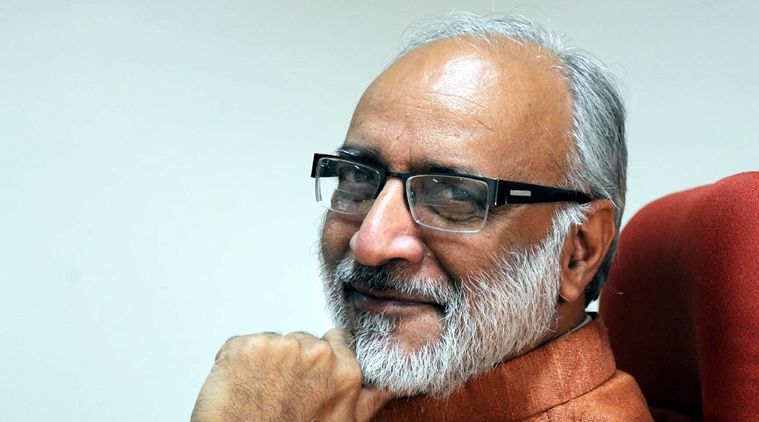The Supreme Court Tuesday suspended the implementation of the three farm laws until further notice, and also decided to set up a committee comprising experts to hear the parties and understand the ground situation.
In a bid to end the ongoing impasse over the new farm laws, the Supreme Court Tuesday suspended the implementation of the three farm laws until further notice, and also decided to set up a committee comprising experts to hear the parties and understand the ground situation.
“We will form a committee which will submit a report to us…every person who is genuinely interested in solving the problem is expected to go before the committee. The committee will not punish you or pass any orders. It will submit a report to us,” a three-judge bench headed by Chief Justice of India S A Bobde, A S Bopanna and V Ramasubramanian said.
However, the All India Kisan Sangharsh Coordination Committee in a statement expressed apprehension over some of the members chosen in the committee. “It is clear that the court is being misguided by various forces even in its constitution of a committee. These are people who are known for their support to the three acts and have actively advocated for the same,” the body said in a statement.
The four members of the committee set up by the apex court will include the following:
Bhupinder Singh Mann
Born in Gujranwala (now in Pakistan), Bhupinder Singh Mann was nominated to the Rajya Sabha in 1990 for his contribution to the struggle of farmers. He remained a member of the Upper House for six years until 1996.
He is also a longstanding member and currently the president of the Bhartiya Kisan Union (BKU).
Anil Ghanwat
Anil Ghanwat is currently the president of the Shetkari Sanghatana, a Maharashtra-based union that was founded by the legendary farm leader Sharad Joshi.
The Sanghatana was one of the first bodies to come out in support of the farm reforms announced by the central government. The body was also amongst the group of farmers’ union that had met Agriculture Minister Narendra Singh Tomar to express support for the farm laws against which thousands of farmers are protesting at the borders of Delhi.
According to Ghanwat, the law restricts the power of the APMCs to regulate agricultural trade within its four walls, and allows for actual free markets to operate for the farmers.
“Just a handful of traders control the auctions. Now with the markets opening up, we hope newer traders will enter the trade. This will help fair competition… if under pressure from farmers in just two states the central government takes the decision to repeal the Act, it would mean the end of the road for this ( open-market initiative),” Ghanwat had said following his meeting with Union Agriculture Minister Narendra Singh Tomar.
Dr Pramod Kumar Joshi
Born in Uttarakhand’s Almora in 1953, Dr Pramod Kumar Joshi is a known name in the field of agriculture research.
Joshi had earlier served as the director of the National Academy of Agricultural Research Management, Hyderabad, and the director of the National Centre for Agricultural Economics and Policy Research in New Delhi.
Joshi had also held the position of Director (South Asia) at the International Food Policy Research Institute in New Delhi. He was appointed as Director in 2012.
Ashok Gulati
An eminent agricultural economist, Gulati is a professor for Agriculture at the Indian Council for Research on International Economic Relations (ICRIER). He is also a former Chairman of the Commission for Agricultural Costs and Prices (CACP), Government of India (2011-14).
Gulati was also the youngest member of the Economic Advisory Council of Prime Minister Atal Bihari Vajpayee and a member of the Economic Advisory Council of the Chief Minister of Andhra Pradesh and member of the State Planning Board of Karnataka.
Gulati was honoured with a Padma Shri award in 2015 by the President for his contribution to the field.
In a column written for the India Express, Gulati had expressed a gross communication failure on the part of the central government to explain farmers about the newly enacted laws and their benefits.
Source: Read Full Article
